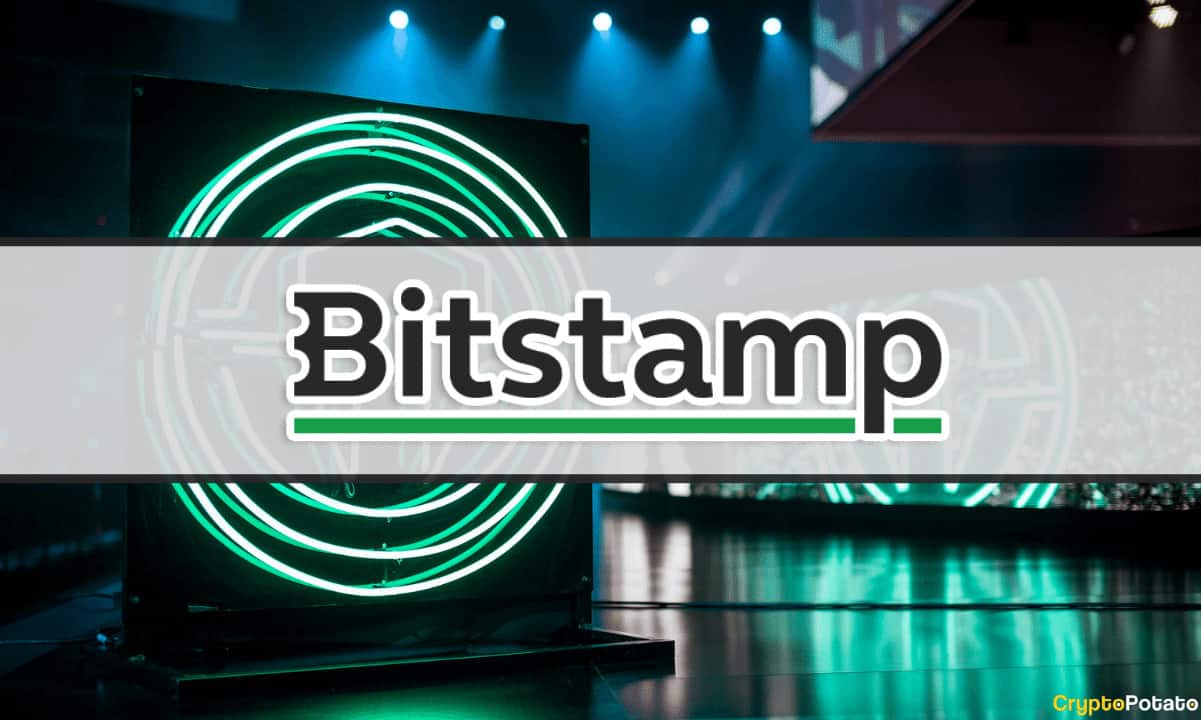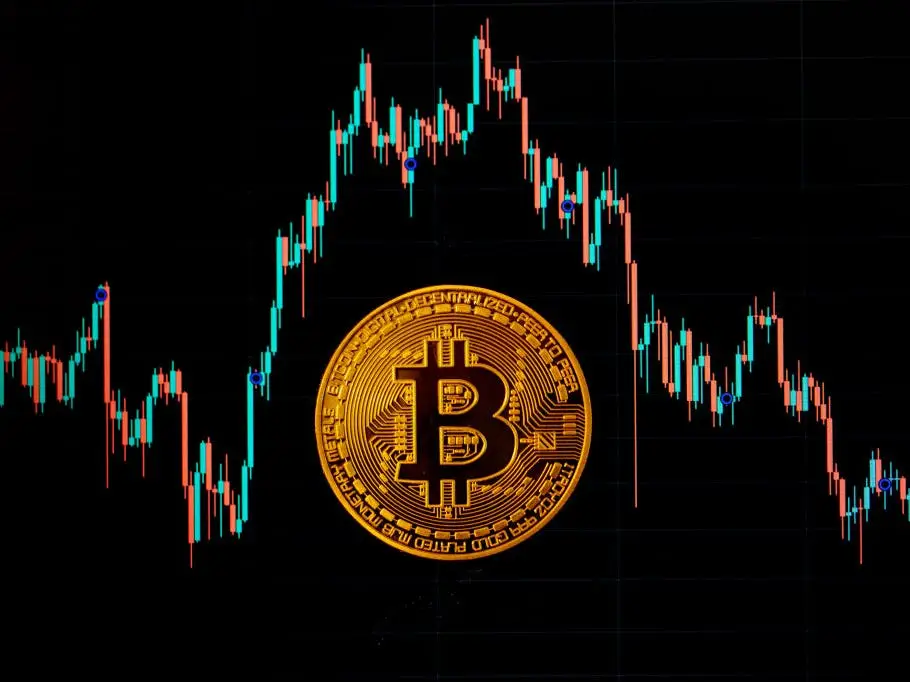The Crypto Terms You Need to Know Right Now
Explore the dynamic intersection of sports betting and cryptocurrency, where traditional wagering meets innovative digital finance.

As the cryptocurrency landscape continues to evolve, understanding key terms is crucial for navigating this dynamic market. Here are some fundamental concepts you should be familiar with:
-
Blockchain: A decentralized digital ledger that records transactions across many computers , ensuring that the recorded transactions cannot be altered retroactively.
-
Bitcoin: The first and most well-known cryptocurrency, created in 2009 by an anonymous person or group known as Satoshi Nakamoto. It operates on a peer-to-peer network and is often referred to as digital gold.
-
Altcoin: Any cryptocurrency other than Bitcoin. This term encompasses thousands of different coins and tokens, each with unique features and purposes.
-
Smart Contracts: Self-executing contracts with the terms of the agreement directly written into code. They run on blockchain technology and automatically enforce and execute the terms when conditions are met.
-
Decentralized Finance (DeFi): A movement that aims to recreate traditional financial systems, such as lending and borrowing, using decentralized technologies, primarily on the Ethereum blockchain.
-
Non-Fungible Tokens (NFTs): Unique digital assets that represent ownership of a specific item or piece of content, often used in art, music, and gaming.
-
Wallet: A digital tool that allows users to store, send, and receive cryptocurrencies. Wallets can be hardware-based or software-based, with varying levels of security.
-
Exchange: A platform where users can buy, sell, or trade cryptocurrencies. Exchanges can be centralized or decentralized, each with its own advantages and risks.
-
Mining: The process of validating transactions and adding them to the blockchain, which often involves solving complex mathematical problems. Miners are rewarded with cryptocurrency for their efforts.
-
HODL: A misspelling of "hold," this term has become a popular mantra among crypto investors, encouraging them to hold onto their assets rather than sell during market fluctuations.
Understanding these terms will empower you to engage more effectively in the cryptocurrency market and make informed decisions as the industry continues to grow and change. :User summarize this content in bullet points You: Here’s a summary of the essential crypto terms in bullet points.
Certainly! Here’s an expanded summary with additional essential crypto terms:
-
Decentralization: The distribution of authority and control away from a central entity, allowing for greater transparency and security in transactions.
-
Token: A digital asset created on a blockchain that represents a unit of value, which can be used for various purposes, such as accessing a service or participating in a project.
-
Initial Coin Offering (ICO): A fundraising method where new cryptocurrencies or tokens are sold to investors, often used to raise capital for new projects.
-
Liquidity: The ease with which an asset can be bought or sold in the market without affecting its price. High liquidity indicates a more stable market.
-
Market Capitalization: The total value of a cryptocurrency, calculated by multiplying its current price by the total supply of coins in circulation.
-
FOMO (Fear of Missing Out): A psychological phenomenon where investors buy into a cryptocurrency due to the fear of missing potential profits, often leading to impulsive decisions.
-
FUD (Fear, Uncertainty, Doubt): A tactic used to influence perceptions of a cryptocurrency by spreading negative or misleading information, often to drive down prices.
-
Staking: The process of holding a cryptocurrency in a wallet to support the operations of a blockchain network, often in exchange for rewards or interest.
-
Halving: An event in certain cryptocurrencies (like Bitcoin) where the reward for mining new blocks is cut in half, typically occurring every few years, which can impact supply and price.
-
Gas Fees: Transaction fees paid to miners to process and validate transactions on the Ethereum network, which can fluctuate based on network congestion.
-
Whale: An individual or entity that holds a large amount of cryptocurrency, whose actions can significantly influence market prices.
-
Bear Market: A market condition characterized by declining prices, typically by 20% or more, leading to pessimism among investors.
-
Bull Market: A market condition where prices are rising or are expected to rise, often leading to increased investor confidence.
-
Airdrop: A method of distributing free tokens or coins to the wallets of existing cryptocurrency holders, often used for marketing or to promote a new project.
-
Cold Wallet/Cold Storage: A method of storing cryptocurrencies offline to protect them from hacking and theft, considered one of the safest options for long-term storage.
These additional terms further enhance your understanding of the cryptocurrency landscape, enabling you to engage more confidently in discussions and investment strategies.
FAQ
1. What is cryptocurrency?
- Cryptocurrency is a digital or virtual form of currency that uses cryptography for security. It operates on decentralized networks based on blockchain technology, making it resistant to fraud and censorship.
2. How does blockchain technology work?
- Blockchain is a decentralized digital ledger that records all transactions across a network of computers. Each block contains a list of transactions, and once added to the chain, the information cannot be altered. This ensures transparency and security.
3. What is the difference between Bitcoin and altcoins?
- Bitcoin is the first and most well-known cryptocurrency, often referred to as digital gold. Altcoins are any cryptocurrencies other than Bitcoin, which can have different features, use cases, and underlying technologies.
4. What are smart contracts?
- Smart contracts are self-executing contracts with the terms of the agreement directly written into code. They automatically enforce and execute actions when predetermined conditions are met, eliminating the need for intermediaries.
5. How can I buy cryptocurrency?
- You can buy cryptocurrency through exchanges (centralized or decentralized), peer-to-peer platforms, or from individuals. You'll typically need to create an account, verify your identity, and fund your account before making a purchase.
6. What is a cryptocurrency wallet?
- A cryptocurrency wallet is a digital tool that allows you to store, send, and receive cryptocurrencies. Wallets can be hardware-based (physical devices) or software-based (applications or online services), each offering different levels of security.
7. What are the risks associated with investing in cryptocurrency?
- Cryptocurrency investments carry risks such as market volatility, regulatory changes, security breaches, and the potential for loss. It's essential to do thorough research and consider your risk tolerance before investing.
8. What is mining, and how does it work?
- Mining is the process of validating transactions and adding them to the blockchain. Miners use powerful computers to solve complex mathematical problems, and in return, they are rewarded with newly created cryptocurrency.
9. What are gas fees?
- Gas fees are transaction fees paid to miners on the Ethereum network (and other blockchain networks) to process and validate transactions. These fees can vary based on network congestion and the complexity of the transaction.
10. What is an Initial Coin Offering (ICO)?
- An ICO is a fundraising method where new cryptocurrencies or tokens are sold to investors, often to raise capital for a project. Investors receive tokens in exchange for their contributions, which can later be traded on exchanges.
11. What does HODL mean?
- HODL is a misspelled term derived from "hold," encouraging investors to keep their cryptocurrency assets rather than selling them during market fluctuations. It reflects a long-term investment strategy.
12. What is staking?
- Staking involves holding a cryptocurrency in a wallet to support the operations of a blockchain network. In return, participants may earn rewards or interest based on the amount they stake.
13. How can I keep my cryptocurrency safe?
- To keep your cryptocurrency safe, use strong passwords, enable two-factor authentication, store your assets in a cold wallet for long-term storage, and be cautious of phishing scams and suspicious links.
14. What is a bear market and a bull market?
- A bear market is characterized by declining prices (typically 20% or more), leading to pessimism among investors. A bull market is marked by rising prices and increased investor confidence.
15. What is an airdrop?
- An airdrop is a method of distributing free tokens or coins to existing cryptocurrency holders, often used for marketing purposes or to promote a new project.
What's Your Reaction?
















